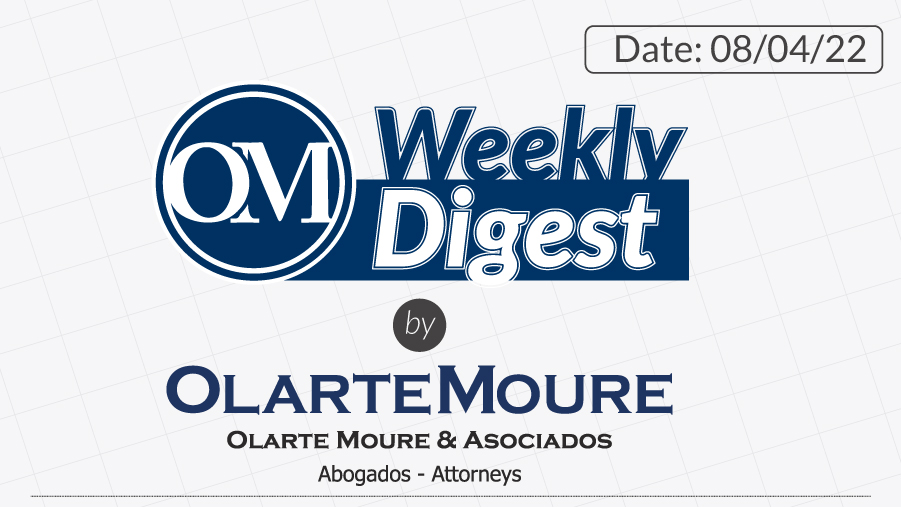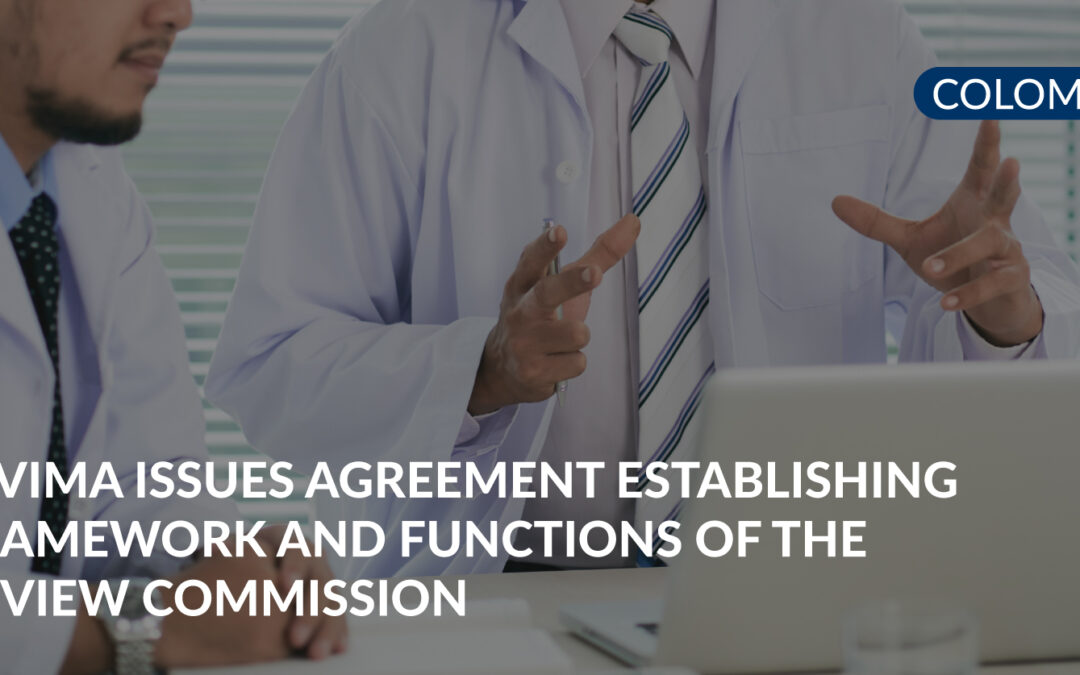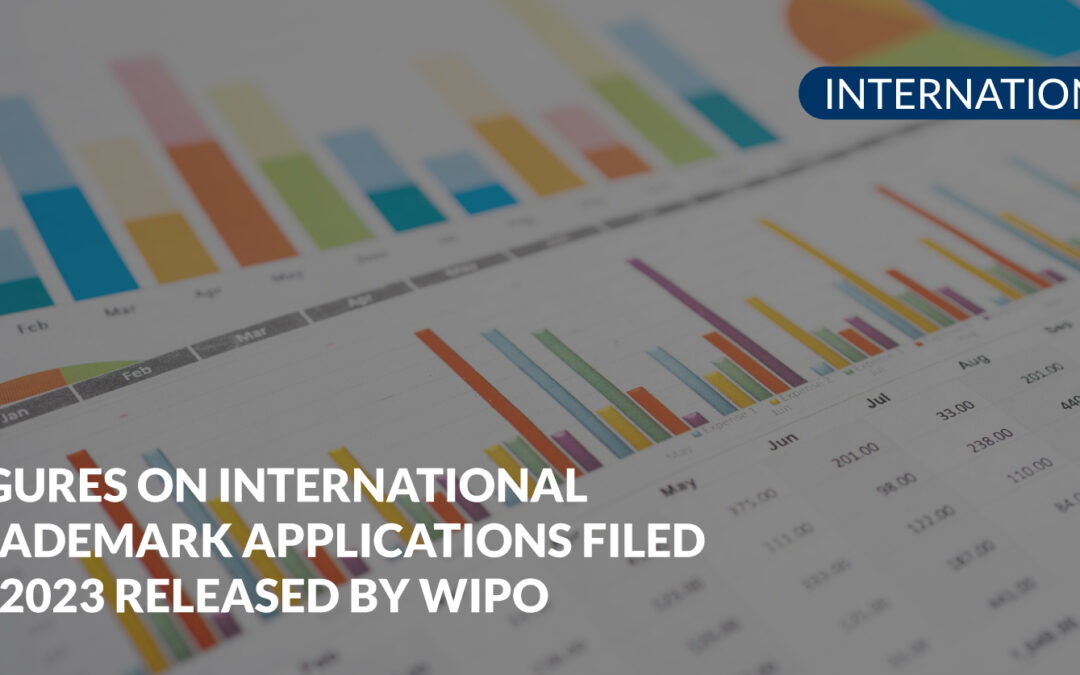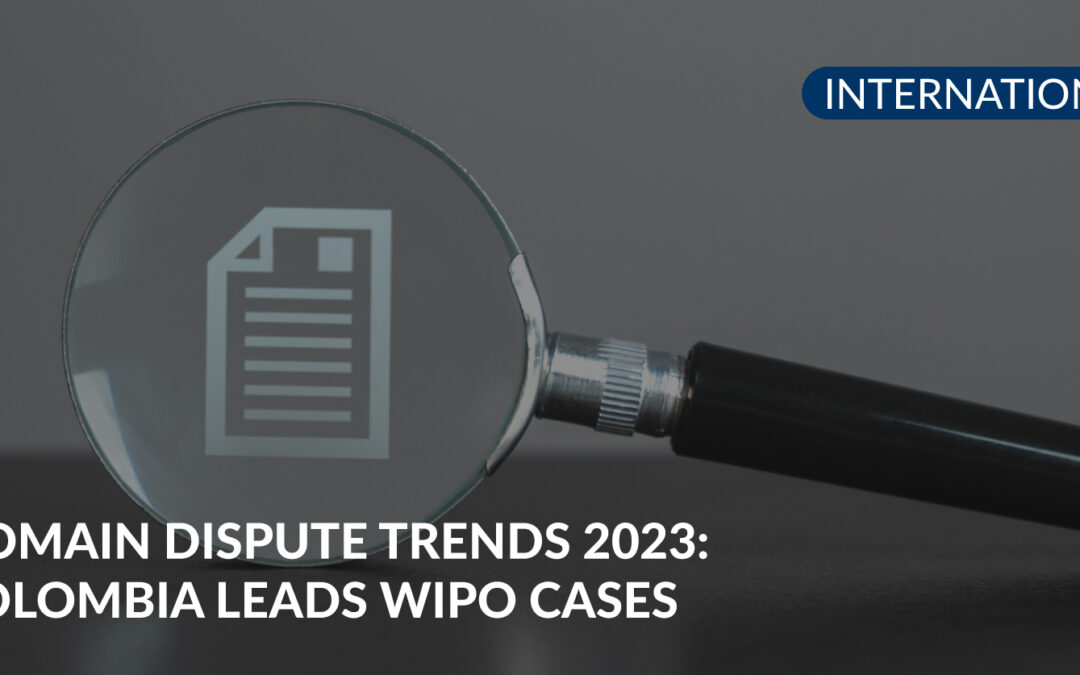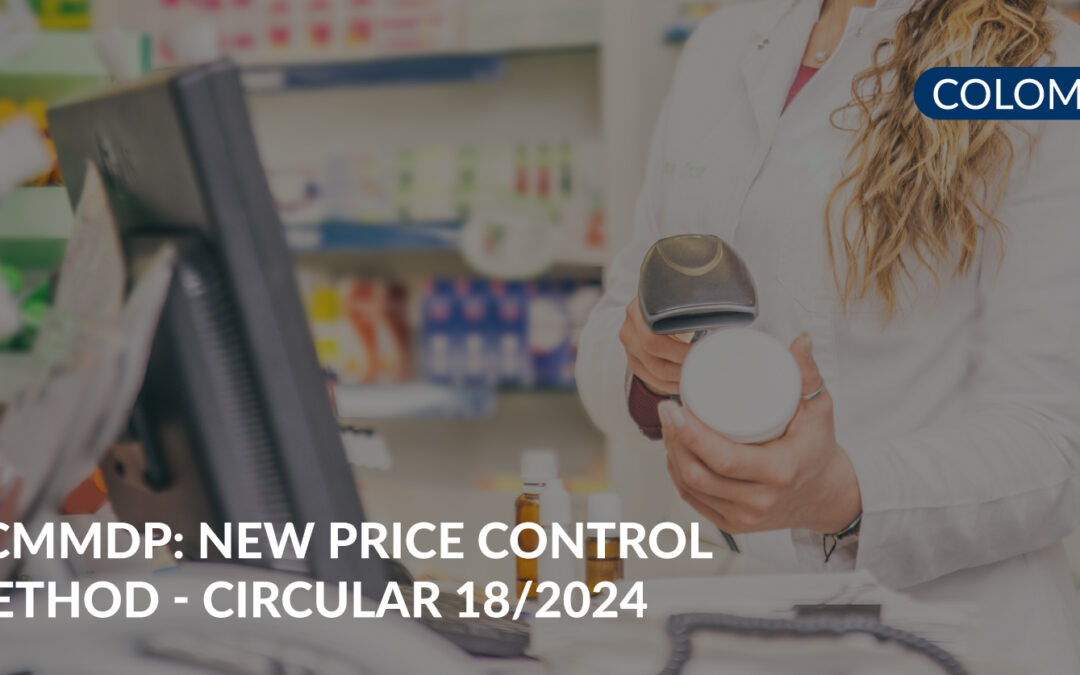
08/04/22 – Data Privacy
Seeking competitive dynamics, greater player diversity within the financial system and a better response to consumer needs in this sector, Colombia’s Ministry of Finance will now improve access to open financial consumer data as well as the scope of other financial services. Regarding personal data protection, the new regulation reinforces the obligations to: process information with the prior, express and informed authorization of financial consumers as owners, as well as to implement proven accountability measures. Additionally, it allows supervised entities to commercialize the storage, use and circulation of personal data of financial consumers provided they have the corresponding authorization and comply with Colombia’s personal data protection regulations. In addition, the new regulation establishes guidelines for payment initiation activities, further clarifies the rules for marketing financial services through electronic platforms and reiterates measures to protect consumers and ensures proper operation of the system. Source in Spanish

08/04/22 – Regulatory Affairs
Colombia’s FDA (INVIMA) recently issued 2 drafts for Guidelines on “administrative/legal” amendments to MAs granted for (1) Drugs (chemical synthesis) and (2) Medicinal Gases. Said amendments only refer to “simple aspects” such as MA holder names, exporter names, and MA assignments, among others. In this regard, said guidelines do not refer to amendments regarding the safety, efficacy, or quality of the products covered by the MA. Said guidelines were published to simplify and optimize MA proceedings given the requested changes will appear automatically on the administrative resolution. On the other hand, the INVIMA issued on 29th July 2022 guidelines for a mandatory report on non-marketing and shortage monitoring. This guideline develops and defines aspects related to the obligation to inform about the temporary and involuntary non-marketing of drugs (chemical synthesis), medicinal and homeopathic gases, among other products. INVIMA will receive third-party commentary through 12th August 2022 for the admin/legal guidelines, and through 13th August 2022 for the non-marketing mandatory report guidelines. Original sources in Spanish: (1), (2), and (3)

08/04/22 – Innovation
The Inter-American Development Bank’s innovation lab (IDB Lab) is launching the “Gender and Artificial Intelligence” open innovation call to identify and accelerate artificial intelligence (AI)-based technology solutions that contribute to reducing gender and gender bias and discrimination. The call is aimed at startups with models ready to implement, small and medium enterprises, civil society organizations, social enterprises, corporations, research centers and academic institutions and entities with experience and knowledge in artificial intelligence, among other actors. Participation is open in two categories: Category A: Business models to be implemented in Colombia or any of the 26 IDB borrowing member countries. They may obtain financing between USD 150,000 and USD 750,000 depending on the financial instrument proposed. Likewise, candidates must assume a counterpart percentage (in cash and in kind) of at least 50% of the total value of the project. The project execution period may be up to 36 months, counted from the signing of the legal agreement. Category B: Organizations legally constituted in one of the 22 countries that are NOT IDB borrowers (USA, China, Spain, among others). Selected solutions will receive an honorable mention and the opportunity to participate in special events and activities of IDB Lab and its regional networks. The deadline to apply is 31st August 2022 through the platform provided.

08/04/22 – Copyright Law
A Paris courtroom issued a decision recognizing the person who conceived nine works of conceptual art as the sole author, denying the plaintiff’s claim to be credited as the author, given he had executed them on commission. The main argument that the Court used was that as far as conceptual art is concerned, it is not the figures themselves that are protected, but instead the staging of elements which were the result of precise instructions and the original creation of the conceptual artist.

